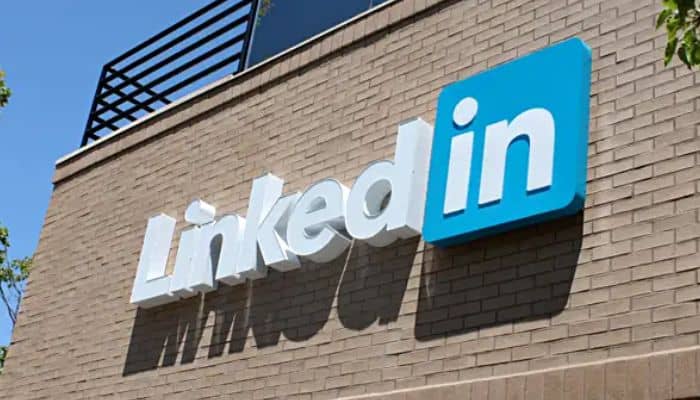Singapore – Despite last year’s nature of culminating businesses to turn their pivots digitally, Singaporean businesses have instead created a gap between them and their customer base in terms of customer experience (CX) strategies, new study from software company SAP shows.
In its APAC-centric study, SAP notes that Singaporean businesses fall short of expectations by as much as 28% when it comes to being customer-centric, behind the APAC average of 21%. Furthermore, only half (55%) of consumers in Singapore stated that brands here are able to resolve their issues after three interactions.
SAP focused in its study the existence of key gaps as identified from the study included customer centricity, personalized experiences, openness in privacy and data control, as well as sustainability and ethical behaviour.
About three in five consumers in Singapore are now expecting brands to be purpose-driven, going beyond profits and transactional relationships, to demonstrate trustworthiness, empathy, shared values, and care for society.
Singapore consumers surveyed indicated a gap between their expectations and actual experiences on this front, in areas such as brands respecting the rights and welfare of their workers (80% vs 67% in APAC), treating suppliers ethically (76% vs 56% in APAC), actively work to reduce gender and racial inequality (73% vs 55% in APAC), and not engage in anti-competitive behaviour (70% vs 54% in APAC).
“While it’s positive that brands in Singapore have adapted quickly to the pandemic by tapping on digital tools and turning to e-commerce, customers still expect brands to deliver on the basics – this means providing them with positive experiences and swift resolution of issues,” said Peggy Renders, general manager and senior vice president at SAP Customer Experience in Asia Pacific & Japan.
The study also noted that local businesses were found to be lacking include responsiveness within 24 hours to customer queries (78% vs 51% in APAC), acting on customers’ feedback to improve products and services (84% vs 58% in APAC), resolving issues in less than three interactions (83% vs 55% in APAC), having a reward programme customised to their interests (81% vs 54% in APAC), and offering innovative or better ways to serve customers during COVID-19 (86% vs 65% in APAC).
In addition, delivery endeavors were among the most dissatisfied areas for those surveyed, with 82% of Singapore consumers expecting brands to provide timely and accurate delivery options they could trust, but with just over half (59%) saying this was met in reality. The dissatisfaction over quality and reliability of delivery services especially significant for local supermarkets, where just 55% of Singaporeans mentioned they received trustworthy delivery services (vs 80% expectation).
Proactiveness in engaging customers was another area cited as an area of improvement, with just around half of Singapore customers shared that brands are actively updating them on relevant specials and new products (56%), is proactive in anticipating their needs and wants (55%), and provides tailored suggestions based on their purchase history and preferences (50%).
Being intuitive mobile natives, Singapore customers also want brands to provide omnichannel experiences that enable their lifestyles, expecting brands to provide them with a network of physical and online stores (76%), have easy to transact options across multiple channels such as online to in-store (81%), yet still provide a consistent experience irrespective of channel (82%).
“It is sobering to know that despite all the efforts businesses have put into digitalisation over the past year, fundamentals around customer centricity are still not being met in Singapore. There is clearly an urgent need for brands to humanise the gap between digital actions and the heartstrings of consumers,” Renders added.
Having transparency and control over their data and orders is also a key area brands are falling short on, with Singapore consumers highlighting shortfalls in having full transparency over how their personal data is being used (35% gap), security of their private data and not sharing it with third parties (33% gap), only obtaining private data from customers to serve them better (25% gap), and making it easy to track their orders and queries (23% gap).
Despite the negative light, Singapore brands fair slightly better than the APAC average on the expectation-experience gap, in the areas of whether brands look for new ways to recycle and reuse products, packaging materials and materials (12% vs 18% APAC gap), having specific policies to reduce and report carbon emissions (10% vs 14% APAC gap), and having a strong focus on sustainability and ethics in sourcing and selling their products (4% vs 10% APAC gap).
“The pandemic has laid bare the criticality of the customer experience in our hyperconnected world today. The key to sustainable growth in a post-COVID world lies in the right solutions and leadership that transform the customer experience. As a future-forward nation that is home to the region’s leading businesses, brands in Singapore have a golden opportunity to transform to give customers exactly what they want, and when they want it, in a future that is entirely digital,” Renders concluded.











